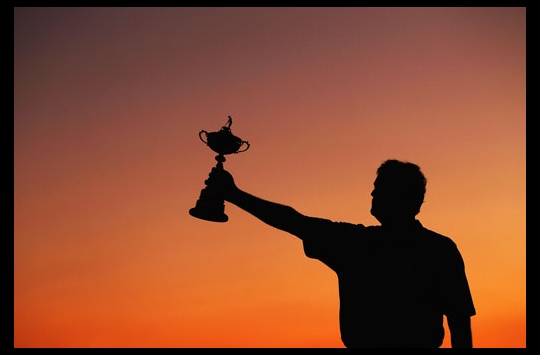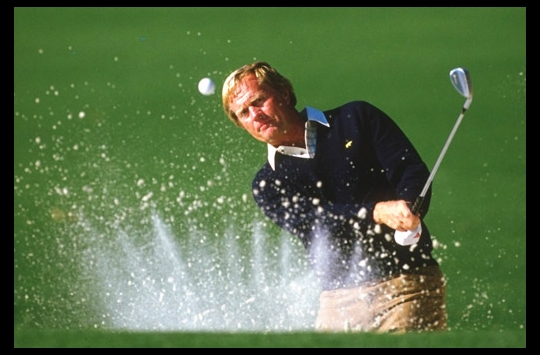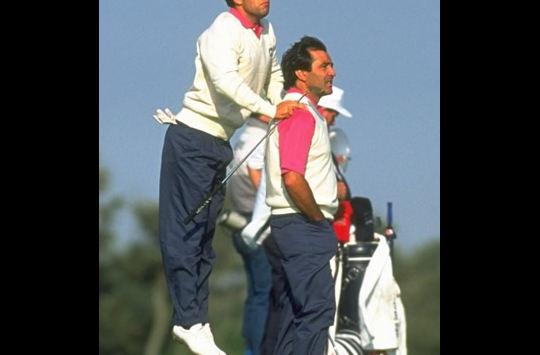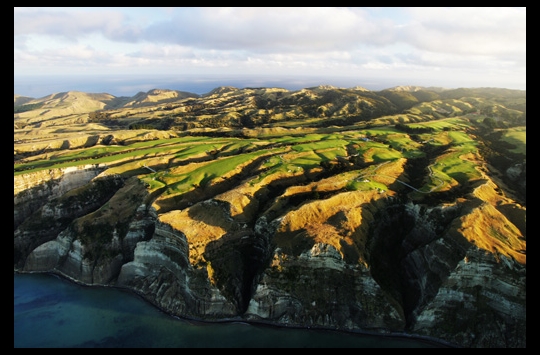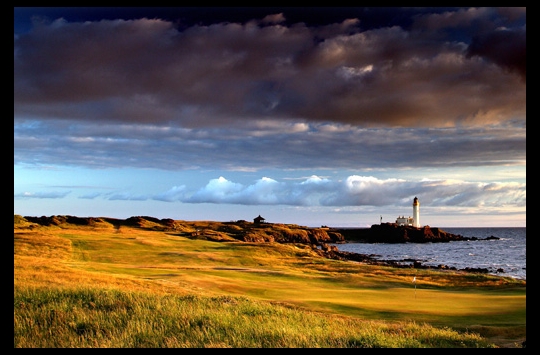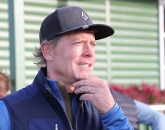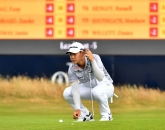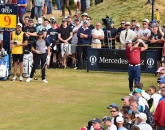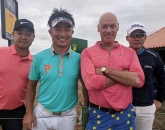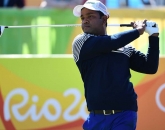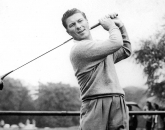David Cannon has had an affinity with sports photography for as long as he can remember. When at boarding school during the early 1970s, his walls weren't plastered with magazine cut outs of scantily-clad women, the subject matter of choice of his peers. Rather, English footballers and Tony Jacklin – the nation's golfing hero of the day – took pride of place because, he says, "nothing in the world beats a great sporting image."
Despite this, it took a while before Cannon considered turning his photography hobby into something more permanent. His first love was playing – not photographing – golf and during his late teens and early twenties he entertained thoughts of making the switch from amateur to professional.
"I was off scratch [handicap], and at the time there were only 90 scratch golfers in England," he remembers. "I came up through the system with people like [former Ryder Cup captain] Mark James and Sandy Lyle ... then [Nick] Faldo came along and blew past everyone."
A few good finishes in the English Amateur Championship weren't enough to convince Cannon that he could make the move to the paid ranks a successful one however, so he decided upon the next best course of action.
"I never studied photography at university," he says matter-of-factly. "I was at a loose end but had a contact at a news agency in Leicester and got lucky. They offered me a job and I went from there. My first assignment was a rugby match and I was told to sit in the corner and just take pictures. Imagine my thrill when I saw one of them appear on the back page of the Sunday Express newspaper the very next morning. That really got me going."
Cannon's big break came when he joined Allsport, the sports photography agency, in 1982. Covering mostly football (he describes the 1986 World Cup in Mexico as one of his best-ever experiences), he also shot the Olympic Games and, with increasing regularity, golf.
"In those days the seasons were better – the Ryder Cup would be the last golf event and I could then go straight into the football," Cannon says. "That's impossible now. The golf season is 11 and a half months long."
Graduating to the role of leading Allsport's golf division, the entirely self-taught Cannon was by now a shareholder in the agency. Working at all the game's biggest tournaments was something he relished, which is why when Getty Images bought Allsport in 1994 (which netted Cannon a tidy sum in the process), it didn't take long for him to decide his future.
"I could have walked off into the sunset with the money I made from the sale but what would I have done then?" he says. "My life is photography and I truly love golf. I've kept going and it's been brilliant. I've never looked back."
You've just returned from the Masters. Everyone wants to play Augusta but what's it like to photograph?
It's difficult [photographers, like spectators, aren't allowed inside the ropes at Augusta] but it's the best place in the world because there's nobody – no mess – in the background which can spoil otherwise great images. There aren't a lot of TV crews following the groups, no buggies, scorecard carriers or writers getting in the way. Writers have a massive habit of wondering aimlessly into our backgrounds [laughs]. Augusta is brilliantly designed and the natural slopes there lend themselves to good photography and good viewing for the galleries.


